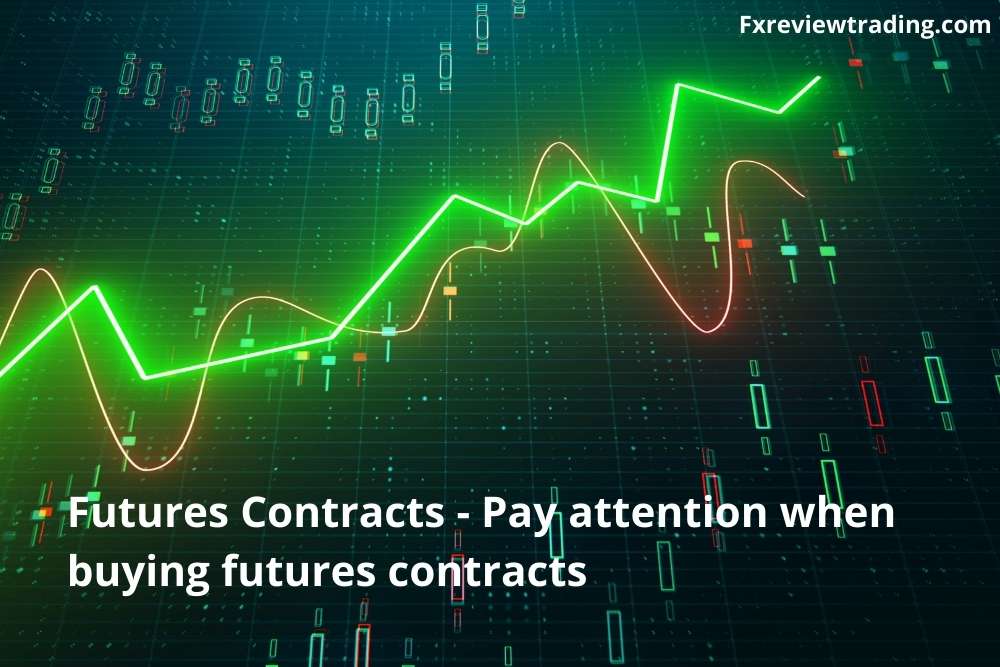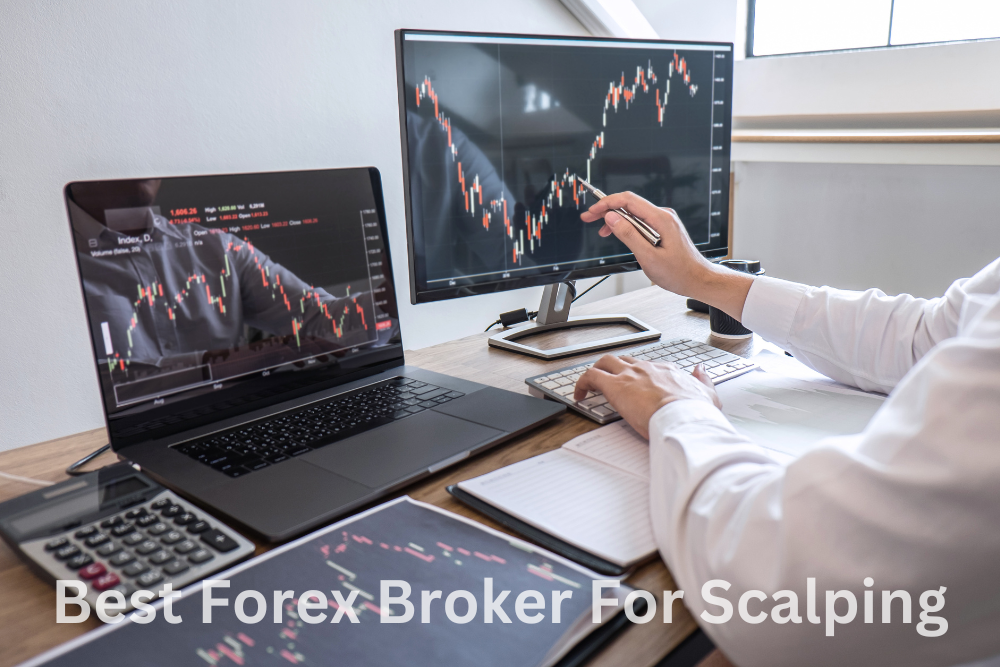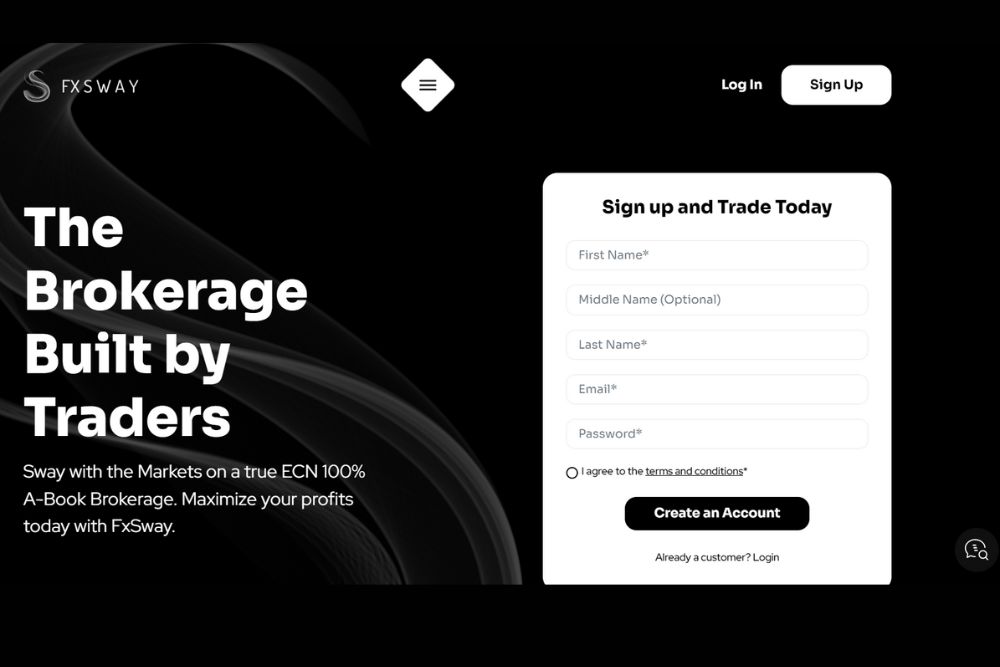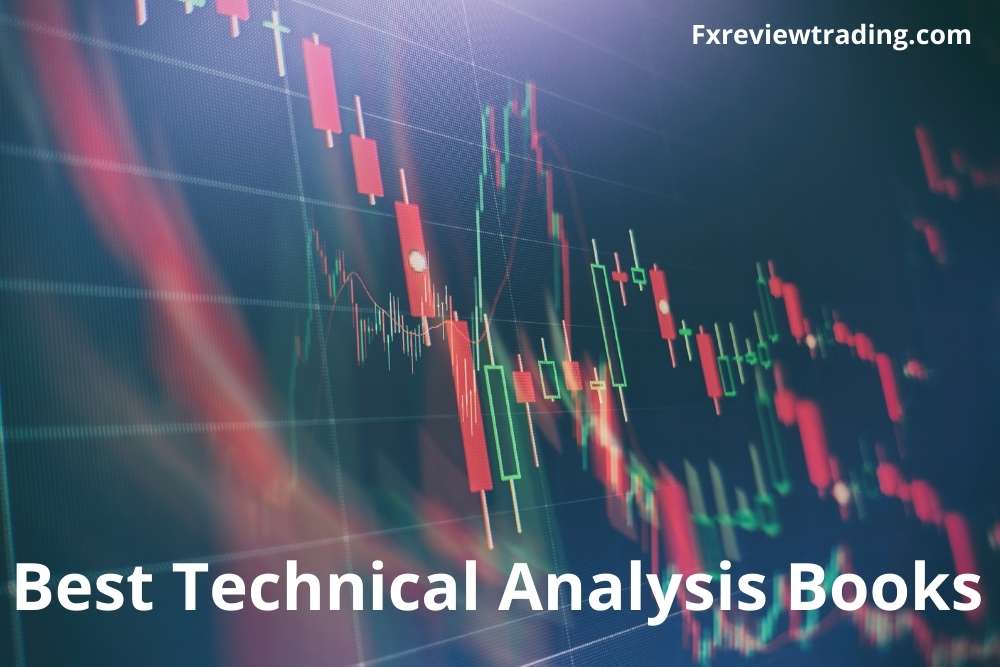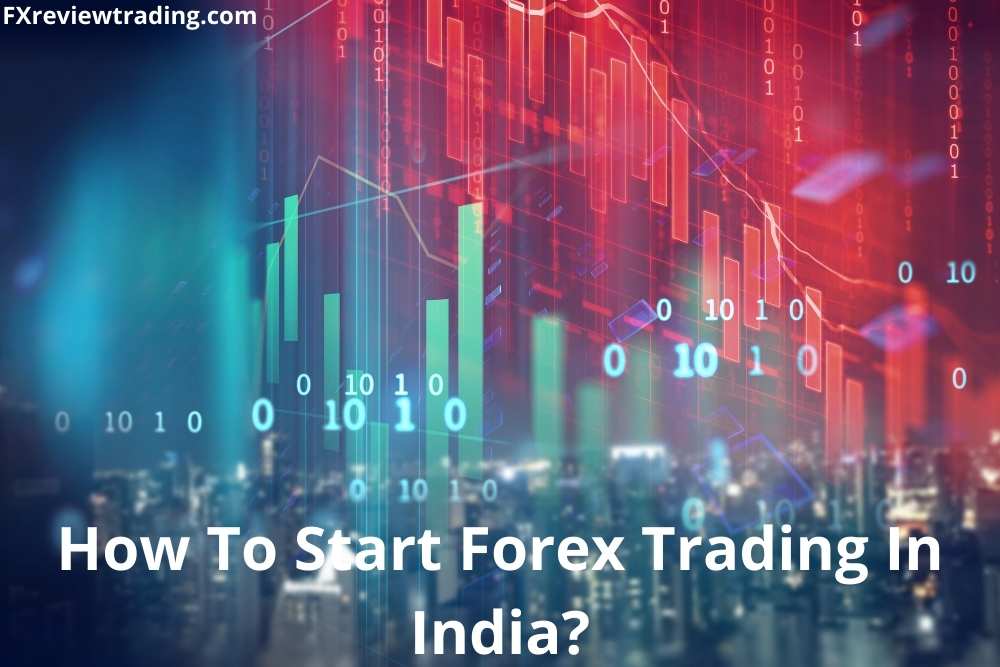Futures Contracts require more attention while purchasing them because you will not receive physical delivery of any commodity. Instead, you only trade futures against price fluctuation. In this article, we are going to discuss Futures Contracts and how they work. Here we also discuss a few points which you can consider while buying futures.
What are Futures Contracts?
Futures Contracts are legal agreements that consist of buying and selling specific commodities, securities, and assets at a predetermined price at a particular time period in the future. For allowing futures contracts trading on the Future exchange, they are standardised to verify for quality and quantity.
The person who buys the futures contract will be responsible for receiving the delivery of underlying assets, while the futures contracts will expire. On the other hand, the seller of the futures contract will take responsibility for delivering and providing underlying securities that should be delivered before and nearer to the expiration date.
In simple words, futures contracts are the financial derivatives that are assigned to buyers to receive the delivery of assets or sellers are assigned to deliver those assets at pre-decided price and timing. An investor needs to predict in what direction security, financial instruments, and commodities will move either for the short term or long term with the help of leverage. These agreements totally depend upon the price fluctuations of the underlying securities so that traders can protect themselves from losses due to price movement.
How Does Future Trading Work?
Future Contracts refer to the financial agreements that are imitative in nature, where both buyers and sellers agree to deliver and receive securities at pre-decided costs and dates. To allow the rules and regulations of futures trading, a buyer has to receive the delivery of assets when the seller sells the fundamental assets at pre-decided costs, anyhow of the persuade market costs and its pre-decided future date. The actual assets involve physical commodities and financial instruments. Futures contracts also consist of quantity details on which the fundamental security is systematized to provide trading over a futures exchange.
Futures trading should be done with the aim of trade prediction or hedging. However, “Futures Contracts” and “Futures” both stand for the same thing. For example, when you hear someone buy sugar futures, that means the same as purchasing sugar futures contracts. Generally, while somebody uses the term futures contracts to indicate something, which means that an individual always indicates a specific kind of future such as bonds, gold, oil, sugar, and index futures.
When you are looking to invest in oil, Futures contracts are the best and direct way to invest. On the other hand, the term future is generally used for indicating the whole market. Different from forward contracts, as we told before, futures contracts are systemized. Typically, the forward contracts and forward are the same kind of agreement that fix at future costs in the current time. Therefore forward contracts should be traded on the counter (OTC) and consist of agreements that can be customised according to both counterparties. Oppositely the future contracts will consist of the similar term of buying and selling, ignoring the counterparty.
Characteristic of Futures Contracts
Till here, you understand what futures contracts are and how they work. Now we will explain the characteristics of future contracts. We will discuss the six prime characteristics of futures contracts such:
- Organised exchange
- Standardisation
- Margins
- Clearing House
- Marketing to Market
- Actual delivery take place occasionally
Organised Exchange
Forward contracts should be traded in an over the counter market, whereas the futures should be traded on a systemised exchange at a selected physical spot where trading will be done. This place provides a liquid market in which you can buy and sell futures at any time, similar to the stock market.
Standardisation
While trading forward currency contracts, The quantity of security should be delivered, and the expiration date can be changed according to the seller and buyer and sometimes tailor-made as per the buyer’s requirements. But in the case of Futures contracts, the expiration date and quantity of delivery of assets should be decided by the exchange on which the contract should be traded.
Therefore, For example, an individual futures contract in pound sterling over the IMM (International Monetary Market), which is the financial futures exchange located in the US, asks for the delivery of 62,500 British Pounds and contracts are often traded in whole numbers, which means you can’t purchase and sell contracts in fractional numbers. Despite the LIFFE (London International Financial Exchange), a three-month sterling has March, June, September, and December delivery cycles.
Clearing House
The exchange performs as a clearing House for all contracts those who are stuck on the trading floor. For example, an agreement should stay between A and B. While entering into the records of the exchange, this can be instantly replaced by two contracts: one should be A and the clearinghouse and another should be B and the clearinghouse
In Simple words, the exchange involves itself in all specific contracts. And the exchange deals when the seller is present for every buyer and buyer to every seller. The benefit of this is that A & B no need to perform any exercise to identify each other’s requirements. It also provides a guarantee of the financial condition of the market.
The exchange imposes delivery for contracts that take place till maturity and prevent itself from the default risk through implementing margins needed on traders and apply this via a method known as “marketing to market”.
Margins
Only members can trade futures contracts over the exchange. This rule should be followed by all exchanges. The individuals can trade via the services provided by the members as brokers. Therefore, an exchange member should trade their account on behalf of the traders. A bunch of members are known as the “clearing member”, which is a part of the clearinghouse.
The exchange needs that a margin will be submitted at the clearinghouse through one of the members who become part of the futures contracts. The margin should be applied between 2.5 per cent to 10 per cent of the value of contracts. It should vary according to the contract size. A member performs trade according to the trader in favour to get margin from the traders. The margin should be present in the form of funds or assets such as bank letters of credits or bills.
Marking to Market
The Marking to the Market system should be used by the exchange. In this rule, all magnificent contracts should be rearranged at the predetermined costs of that trading interval at the end of all trading sessions. The result of this is that few traders experience losses while others earn potential profits. The exchange does this by deducting the margin account of members who experience loss while depositing the funds in margin accounts of members who make a profit.
Due to this feature, a significant difference is generated between futures contracts and forward contracts. Because in forward contracts, profit and losses are determined only on maturity. No intermediate cash flows are generated.
Alternatively, in futures contracts, while profits and losses are the same, the time profile of the session is different. In simple words, the total profit or loss of the whole time interval is divided into a daily record of losses and gains, which consists of different present values.
Actual delivery takes place occasionally.
In the case of Forward contracts, the delivery of commodities should be actually accepted by the buyer, and the seller actually delivers the product to the buyer. But in the case of Future contracts, actual delivery should be done occasionally, which is one per cent of the contracts traded. Futures contracts are used as a tool to hedge against price fluctuation. Future Contracts are used for trading price fluctuation in place of receiving the physical delivery.
Key Tips for Buying Futures Contracts
While doing future trading, success means a potential return, but a minor mistake can lead you towards extreme losses. This is because strategy is required before starting buying Futures Contracts. Here we discuss some tips about how to purchase Futures and What factors you should consider. So we will begin with the first and the essential thing of Futures trading.
Develop a trade plan
It’s an essential aspect of trading, but people do not give significant attention to this. Must create your trading strategy before generating a position. This helps you to pick the correct path for generating profits. It may also help you to determine better exit points while your trade moves against you.
The aim of making strategies before opening a position in the market is to decrease the chances of making necessary decisions while your funds are at risk. It helps you not to panic and handle your emotions while trading. It allows you to determine whether you want to hold the position for the long term and close the position in the short term. It stops you not to keep positions open for a longer time period and not selling positions too quickly.
An efficient trading plan consisting of risk management tools like stop-loss orders or bracket orders will play an important role to protect you from mistakes.
Protect your positions
Performing trade with a plan will protect you from extreme losses and prevent you from making wrong decisions. Various traders keep prices in their minds for a while. They will exit the trade and try to maintain their losses. But usually, traders forget that even professional traders also make this mistake.
To prevent this mistake, traders can consider stop-loss orders. The idea of using a stop-loss order is to decide the exit point, then mark the stop at a price.OTO (one-Triggers-Other) orders also play an important role. It allows traders to place primary orders first as well as at the same time, and it provides a protective stop. When your primary order gets accepted, the protective stop will get automatically active. Due to this, you may not be required to pay attention to the market and provide you relief from determining the entry point for your stop order.
Keep your target short, but not too much.
Do not open very small positions in multiple markets together. Most beginners try their luck in multiple markets together with fewer investments which make no sense. They can’t concentrate on a particular market due to which they lose most of their trade. But Futures Contracts trading required more attention and hard work. Traders need to spend significant time and energy on chart study, reading the market commentary and getting updated with the latest news updates. Performing all these tasks is a little bit tough for seasonal traders.
Paying attention to a single or two markets is far better than involving yourself in multiple markets. For example, stock market diversification consists of various benefits, diversifying Future trading also consists of various benefits.
Step by step, perform your trading.
As we told you before, if you are a beginner, there is no need to trade 5 to 10 futures contracts together. You can start future trading with individual futures. Never invest your entire fund in buying and selling futures contracts in a single time. Temporary drawdowns are unavoidable, and you must ignore creating a large position where few bad investors can drag you towards extreme financial losses.
Always start small with individual or two contracts and create a trading plan without bearing pressure that leads to large positions. Refining your trading is an important part, and if any strategy and trading style is going well with your trades, you must consider that style or strategy while enhancing your order size.
Some other points which you need to consider while trading futures contracts are: think about keeping your position long or short, Often alert after the margin call, and Be calm at the time of trading. Traders who are looking for a risk-free broker for futures contracts trading can go with leading regulated brokers such as HFTrading and ROinvesting.
Conclusion
Now we reach near to the closing of this article, here we can say that Trading of Futures Contracts required more attention compared to other securities. While performing futures trading, you need to be alert about the price movements. In this article, we learn how futures trading works and what Futures Contracts are? Collect tips to consider before buying futures. For further detail, read the above article carefully.

